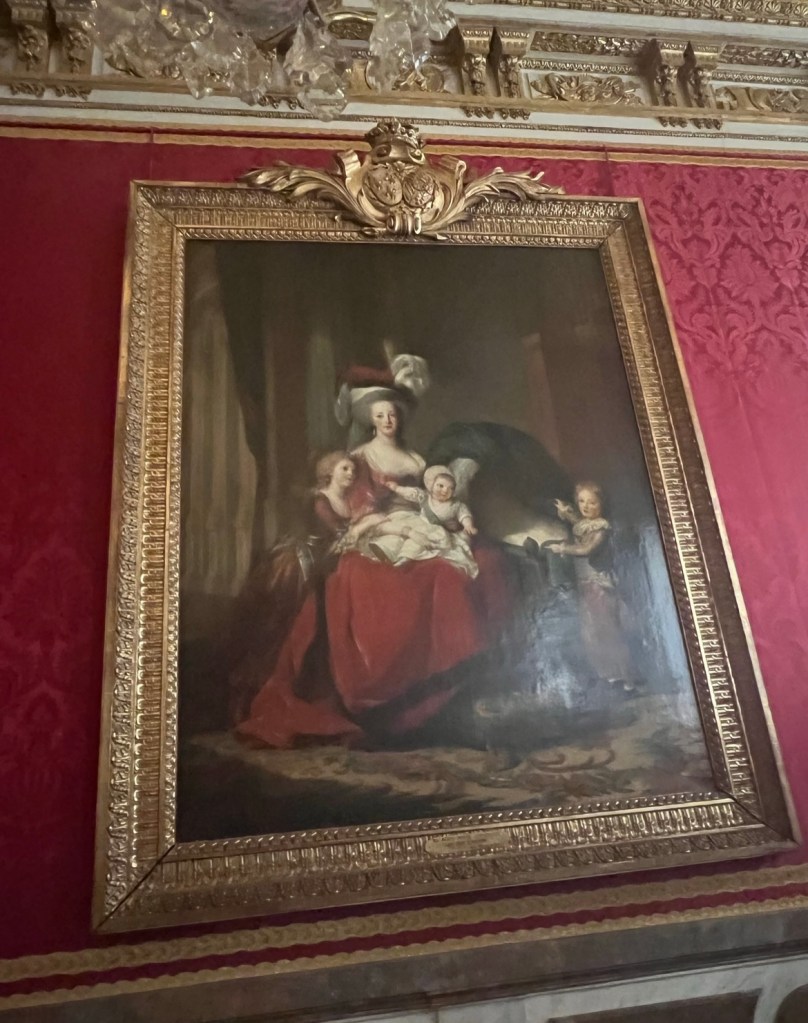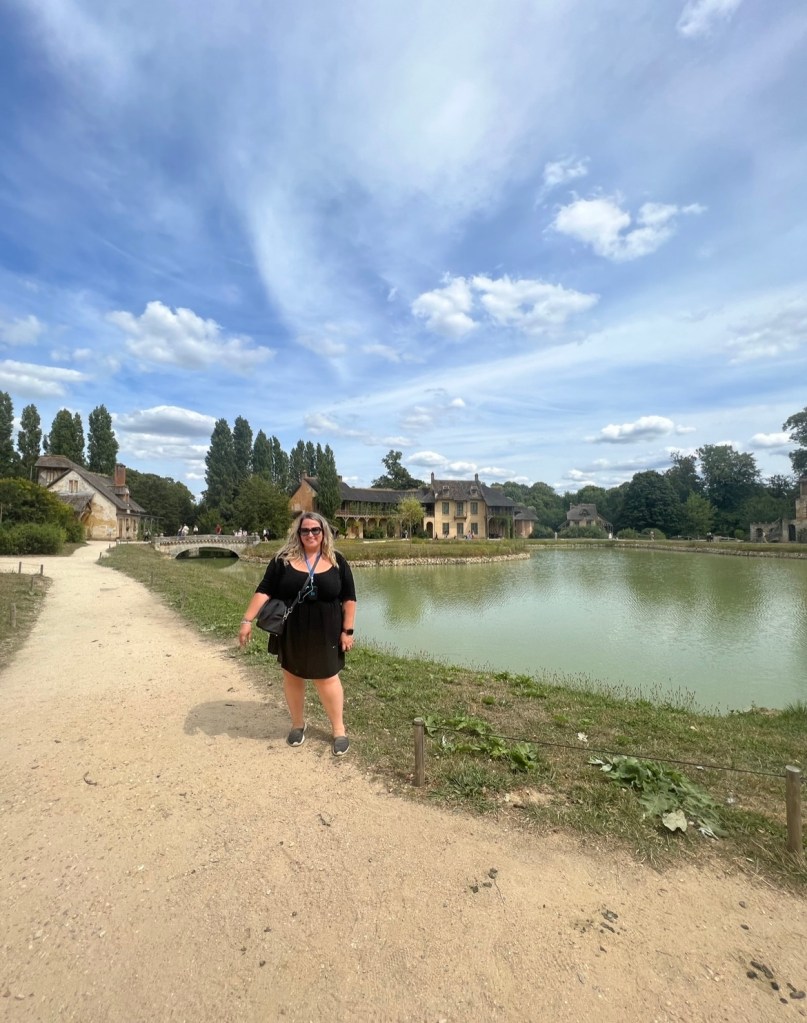
Revolution is in the air. Corruption is coming to light at a fast pace and the question of accountability is on everyone’s lips. Humanity has been through shifts like this before, and I think it’s important to reflect on how we’ve handled these shifts of consciousness for humanity in the past.
I discovered during 2023 that my family on my mom’s side, the French Rose line have lineage going back to Jean Jaques Rousseau in France. We were once Rousseau and changed the last name to Rose when we left France. Because of this, I paid special attention to his influence on France during my visits.

Jean Jacques Rousseau’s philosophy writing the social contract and questioning the natural order of things spurred the dramatic shift in thought patterns of the French, ultimately leading them to revolution. He described the current state of affairs as artificial, a sort of Matrix like reality disconnecting us to the true peaceful order of things.
Unhappy with their lives under the Royals, and blaming individual people for their suffering, the French subjects had a true insurrection at Versailles, trashing the castle, and eventually killed the entire royal family, including the infamous Marie Antoinette. In many ways, I felt my ancestor’s influence lead to her death so I feel a sense of responsibility for it.

Walking through Versailles, I got a true sense of who Marie Antoinette was as a person. As an empath I could feel her. I was also surprised to find Kirsten Dunst’s portrayal of her personality was fairly accurate according to both my tour guide and my inner knowing. She came from privilege and responsibility in Austria, and married a soon-to-be French king to solidify the relationship between the two countries. In many ways, her life was bound by the deeds of others and not of her own making.

It becomes abundantly clear that Marie tried to escape the demands of Versailles by building her country home, known as Le Hameau de la Reine, The Queen’s Hamlet. She lived and loved a simpler life in nature, growing food, baking sourdough, reading and meditating on the property. She felt the way her life was at Versailles was unnatural. She even had window coverings in her Hamlet, a true invention of pulleys and black out curtains not seen otherwise at her time. She yearned for a private life where she could just enjoy her days. Her decisions were meant to bring her own life peace in a difficult situation, but ultimately was perceived as uncaring and disconnected to the French people.
Marie was a fan of Rousseau, which is the ironic part of her demise. She is portrayed as reading a passage he had written while basking in the sun with her ladies outside at her Hamlet in the Sophia Coppola movie.

“Rousseau says: If we assume man has been corrupted by an artificial civilization, what is the natural state? The state of nature from which he has been removed? Imagine wandering up and down the forest without industry, without speech, and without home.”
I see Marie as a gentle soul. A true lover of the natural world, which in many ways is what the French Revolution was all about.
To quote Marie’s cousin’s mother, the infamous Anne Boleyn who rose from commoner to queen, « To be a king and wear a crown is a thing more glorious to them that see it than it is pleasant to them that bear it. »
Marie’s cousin Elizabeth I quoted this passage by her mother in her famous « Golden Speech ».
This important sentiment shows the pressures the Royals were under and that it is a very different experience than those who perceive Royalty.
As we move yet again from subjects of the world governments into individual sovereignty, it’s important to see those who have demonstrated perceived crimes against humanity with compassion. Did they grow up in this matrix? Did they feel pressure to behave, act and think in a certain way? Is it possible someone is moving with the status quo out of concern of self preservation ? Like Marie Antoinette, the answer is yes, absolutely.
Unfortunately, she suffered gravely at the end. Her hair apparently turned white from fright as she approached her untimely death. The blood thirst of the French Revolution was unquenchable. They wanted the Royals to suffer like they felt they had suffered.
This is a call for compassion, a true case for the Marie Antoinette’s of today. They may be ready for change and yearning for a different life just like the rest of us. Violence begets violence. Is it possible to take the high road during revolution ? I think it’s time we try the Golden Rule even in the most extreme of circumstances. May the next revolution truly be a Golden one. ✨🫶
